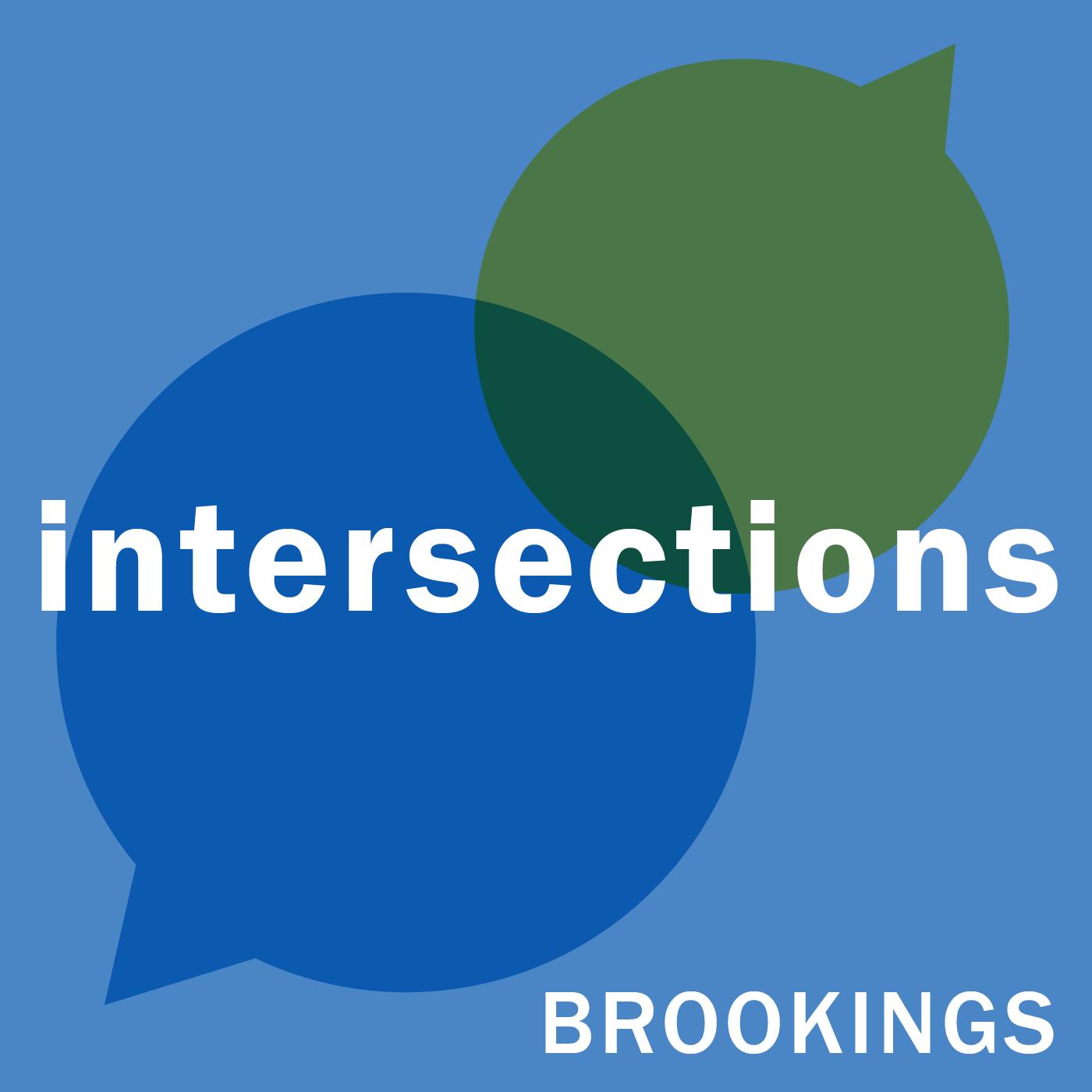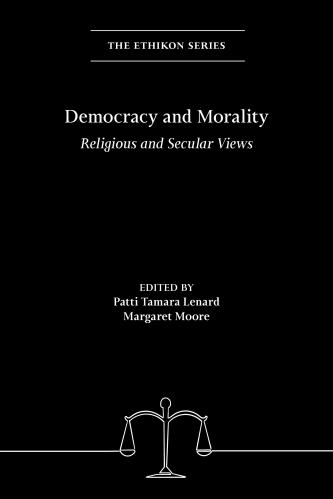In this episode of Intersections, Molly Reynolds, a fellow with Governance Studies, and Thomas Wright, fellow and director of the Project on International Order and Strategy, discuss President Obama’s successes and failures in public policy and what legacy he leaves behind.
Reynolds explains how political polarization affected perceptions of the president’s governance choices: “I think that a lot of the opposition or criticism that Obama received for doing what he did [through executive powers] is really just a reflection of the fact that over the course of his administration, public opinion on the president was very polarized by party. Democrats were very in favor of what Obama was doing, Republicans were generally very against him and so that very large, very persistent gap in how people saw what the president was doing and the degree to which they would say that they opposed things [were] merely because they were associated with the president.”
And Wright speaks on the way that the world changed under Obama’s presidency, and against his best efforts: “This is a president who wanted to remake America’s role in the world and the international order. He wanted to transition away from focusing on things that divided nations to tackling common challenges, whether that’s terrorism, nonproliferation or climate change. What happened in his second term—Russia invading Ukraine, annexing Crimea, the breakdown of regional order in the Middle East—this is a return to geopolitical competition, of major power competition, and he just resisted that frame, and every year it got immeasurably worse. And now we have not just the return of nationalism elsewhere, but here in America as well.”
Show Notes:
Exceptions to the Rule: The Politics Of Filibuster Limitations in the Senate
All Measures Short of War: The Context for the 21st Century and the Future of American Power.
The final fiscal fight of the Obama administration—and its many predecessors
President Obama’s legislative legacy and what it means for the next administration
With thanks to audio producer Gaston Reboredo and producer Vanessa Sauter, and also thanks for additional support from Kelly Russo, Fred Dews, and Richard Fawal.
Subscribe to Brookings podcasts here or on iTunes, send feedback email to [email protected], and follow us and tweet us at @policypodcasts on Twitter.
Intersections is part of the Brookings Podcast Network.
The Brookings Institution is committed to quality, independence, and impact.
We are supported by a diverse array of funders. In line with our values and policies, each Brookings publication represents the sole views of its author(s).











Commentary
PodcastExamining President Obama’s legacy
January 18, 2017
Listen on
Intersections Podcast